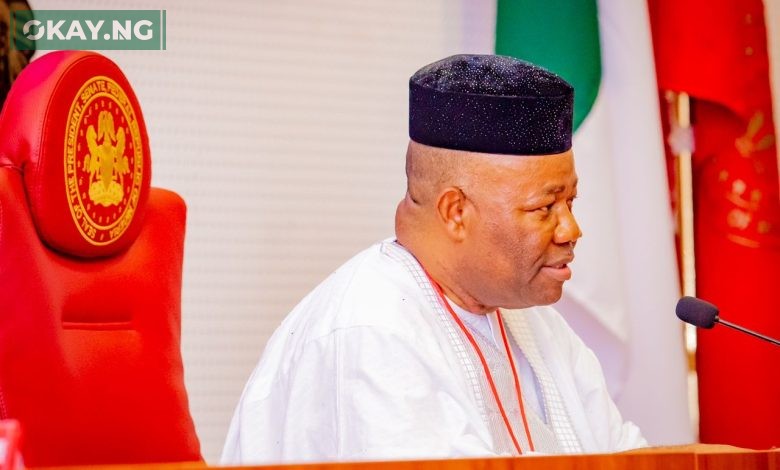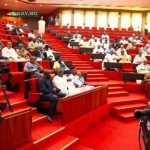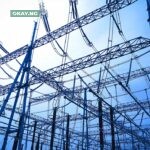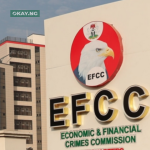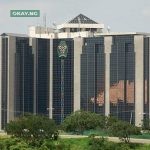A seismic shift in Nigeria’s digital landscape is underway, with the Senate demanding immediate action to address the alarming surge in data costs. This sharp increase, reportedly reaching up to 200% by some telecommunications providers, has ignited concerns about the economic strain on millions of Nigerians, particularly the nation’s youth, who are increasingly reliant on digital platforms for their livelihoods.
The Senate’s intervention, triggered by a motion sponsored by Senator Asuquo Ekpenyong, underscores the gravity of the situation. “This move has placed significant financial strain on millions of Nigerians, especially young people who rely on the internet for their livelihood,” Ekpenyong articulated during the plenary, highlighting the stark reality faced by those who have embraced the digital economy.
The recent implementation of a 50% price hike, approved by the Nigerian Communications Commission (NCC), has seen major players like MTN Nigeria adjust their subscription rates. For instance, the 1.8GB monthly plan now stands at N1,500, a significant jump from the previous N1,000. Additionally, text message charges have risen to N6.00 per SMS, up from N4.00, affecting even basic communication.
Read Also: Telecom Operators Pledge Service Quality Boost Amidst Tariff Hike
“The sudden and substantial increase in data cost threatens their economic survival and limits access to critical digital services,” Ekpenyong further noted, emphasizing the potential for widespread disruption. This is not merely an economic issue; it is a matter of social equity, impacting the very fabric of Nigeria’s burgeoning digital ecosystem.
Senate President Godswill Akpabio, in his support of the motion, stressed the importance of affordable internet for young entrepreneurs. “This motion, when implemented, would assist young entrepreneurs. It will not only enable them to remain in business but also ensure they have affordable prices that will generate revenue and profits for them,” Akpabio stated, recognizing the direct link between data costs and economic viability.
Beyond immediate price reviews, the Senate has called for a comprehensive policy framework to ensure affordable internet access and urged the Federal Government to establish tech hubs with free or subsidized internet. The Committee on Communications has also been mandated to investigate the root causes of the high data costs and propose sustainable solutions.
The reliance on mobile data, particularly given the prohibitive cost of fibre-optic internet for the average young Nigerian, exacerbates the issue. According to data from the Nigerian Communications Commission, mobile internet subscriptions constituted a large percentage of total internet subscriptions in the country. This reliance creates a vulnerability when prices rapidly increase.
Young freelancers, remote workers, and digital marketers now grapple with the prospect of their earnings being eroded by exorbitant internet charges. As I examine this issue, I can’t help but think of the countless individuals whose dreams and aspirations are tied to the affordability of online access.
The implications of this price hike extend beyond individual wallets. It directly impacts the nation’s ability to cultivate a thriving digital economy, hindering innovation and potentially stifling the growth of small and medium-sized enterprises that rely on online platforms. The Senate’s move underscores a critical need for a balanced approach, one that ensures the sustainability of the telecommunications sector while preserving access to essential digital services for all Nigerians.


